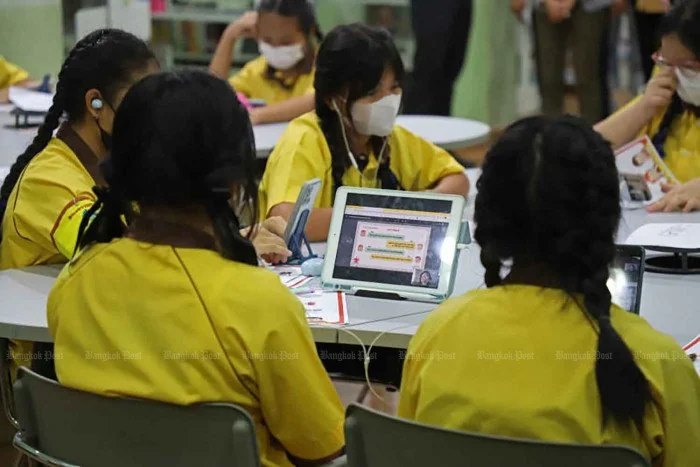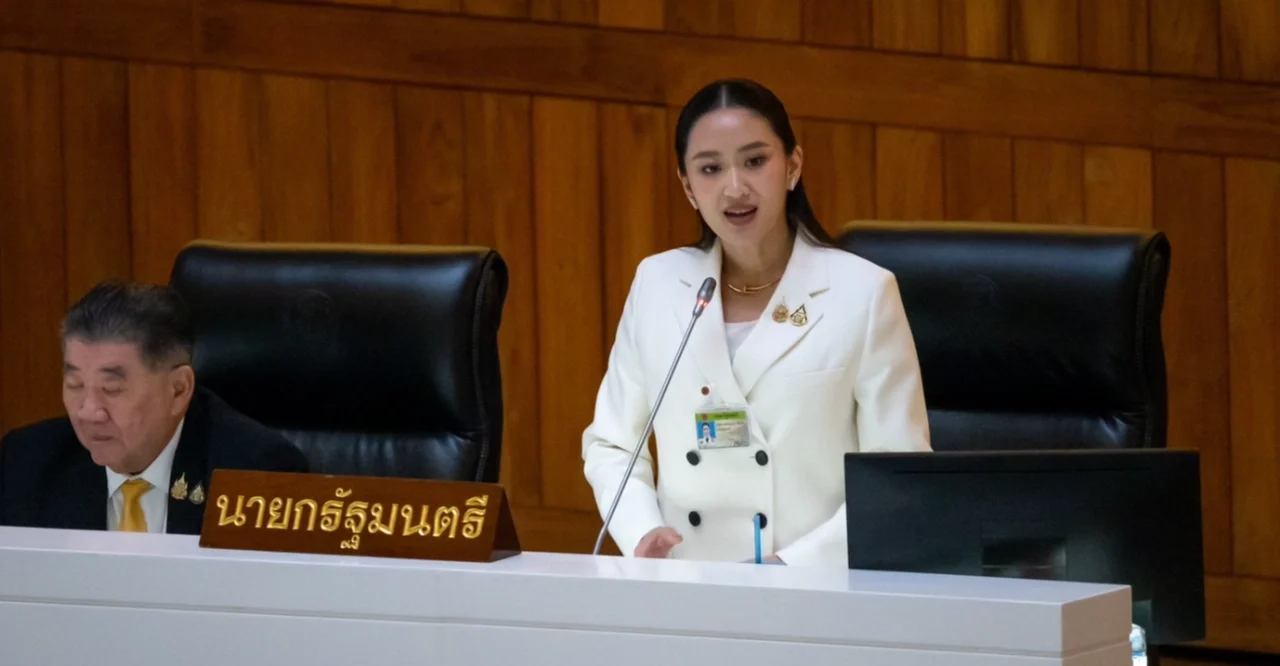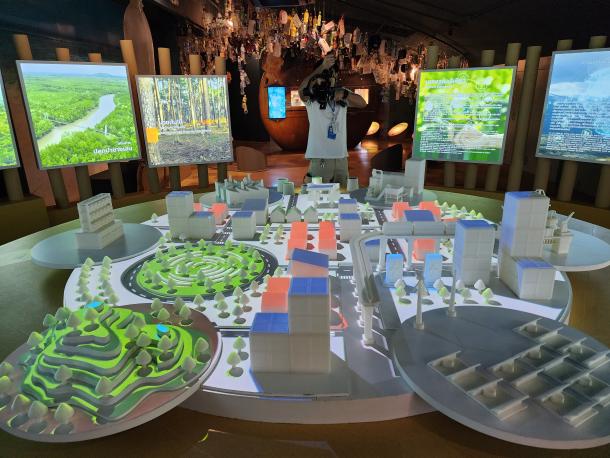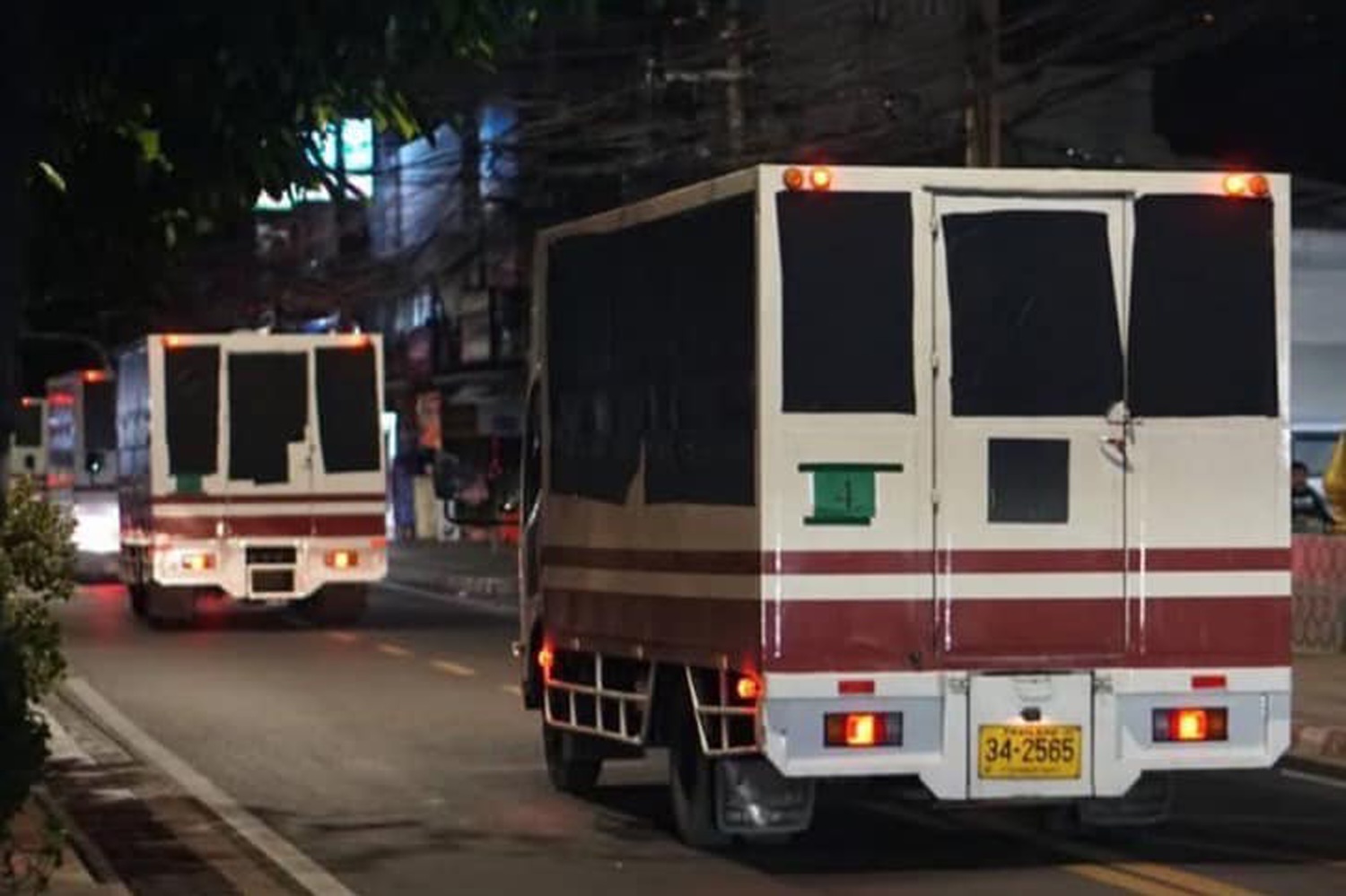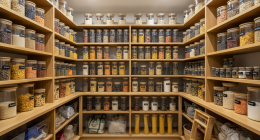Thailand is grappling with a severe air pollution crisis as 67 out of 77 provinces reported unsafe levels of ultrafine dust pollution on Thursday morning. The Geo-Informatics and Space Technology Development Agency (Gistda) released data showing alarming levels of particulate matter 2.5 micrometers and less in diameter (PM2.5) across the country.
Provinces Most Affected
Red-Level Pollution Hotspots
Three provinces recorded hazardous-to-health red levels of PM2.5. Nakhon Nayok faced the highest concentration at 114.3 micrograms per cubic meter of air over the past 24 hours, followed by Prachin Buri (81.8μg/m3) and Samut Songkhram (77.7μg/m3)1. These levels far exceed the safe threshold of 37.5μg/m3.
Widespread Orange-Level Pollution
Health Concerns Across the Nation
Sixty-four provinces experienced orange levels of PM2.5, ranging from 38.3 to 73.8μg/m3. This category indicates air quality that is starting to affect health. Major areas impacted include Ayutthaya, Bangkok, Chiang Rai, Chon Buri, Kanchanaburi, Nakhon Ratchasima, Prachuap Khiri Khan, Phuket, Samut Prakan, and Songkhla.
Areas with Safe Air Quality
Pockets of Breathable Air
Only ten provinces reported safe air quality levels. Nine provinces, including Chiang Mai, Udon Thani, and Mae Hong Son, had moderate air quality with yellow levels of PM2.5 ranging from 27 to 36.9μg/m3. Krabi stood out as the sole province with good air quality, recording a PM2.5 level of 23.8μg/m3.
Health Implications
Protecting Public Health
The persistent high levels of PM2.5 pose significant health risks to the population. Long-term exposure to these ultrafine particles is linked to chronic diseases, including lung and heart problems. Authorities advise residents to monitor air quality closely and follow health recommendations to minimize exposure.
Government Response
Measures to Combat Air Pollution
Local authorities are implementing various measures to address the crisis. In Bangkok, Governor Chadchart Sittipunt reported that 67 areas reached unsafe levels, leading to the closure of 352 schools. The city has also banned unregistered high-emission trucks from entering Bangkok streets, with violators facing potential imprisonment and fines.

